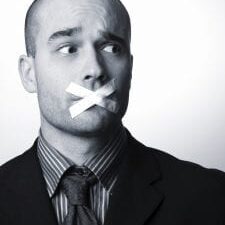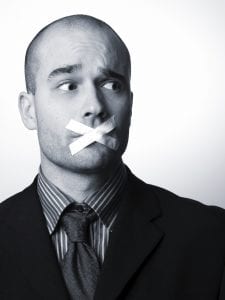Insights < BACK TO ALL INSIGHTS
A New Remedy for Online Defamation
A New Remedy for Online Defamation
By: Ifrah Law
In the United States it is enormously difficult to remove allegedly defamatory information from the internet. A victim can take the expensive and time-consuming step of suing the author for defamation in court. However, even if a court rules that the statement is defamatory—that is, that the published statement is false and harmful to the subject’s reputation—the victim’s remedy is usually monetary damages. U.S. courts do not generally order that the speech be removed from the internet, out of First Amendment concerns regarding the prior restraint of speech. Even if a victim were to present the website’s registrar with the court’s finding of defamation, registrars are protected by the Communications Decency Act and are under no obligation to remove the offending content (although some registrars will, as a matter of internal policy).
The Texas Supreme Court recently issued a pioneering opinion which alters the legal landscape, at least as it applies to cases brought in Texas. In Kinney v. Barnes plaintiff Robert Kinney, a legal recruiter, left his employer BCG and started a competing company. BCG’s president Andrew Barnes later posted a statement on various websites accusing Kinney of participating in a kickback scheme. Kinney sued, not for monetary damages, but for an injunction requiring Barnes to remove the defamatory statements, and prohibiting him from making similar statements in the future. The trial court declined to grant the injunction and granted Barnes summary judgment on this issue, and the court of appeal affirmed, both finding that an injunction would be an unconstitutional restraint on prior speech.
On appeal to the Texas Supreme Court, however, Texas’ highest court distinguished between statements that had already been published and those that might be made in the future. The court declared that where a statement has been adjudicated by a court and found to be defamatory, the court may issue an injunction requiring the author to remove the speech from places where he had already published it. The decision does not limit an individual’s freedom to make the same or similar statements in the future because, “[g]iven the inherently contextual nature of defamatory speech…the same statement made at a different time and in a different context may no longer be actionable.” The Texas Supreme Court believes that this limited remedy strikes the proper balance between removing unprotected defamatory speech and upholding individual’s rights to speak freely in the future.
This case is seen as a victory for victims of defamatory speech, whose personal or business reputations have been ruined by false accusations that remain on the internet even after a court found them to be untrue, harmful, and unprotected. While the case only serves as biding precedent in Texas, other courts may look to this decision for guidance when determining how to protect individuals’ or businesses’ reputations from false past attacks while preserving the freedom of speech to criticize or otherwise speak about those same people or entities in the future.






